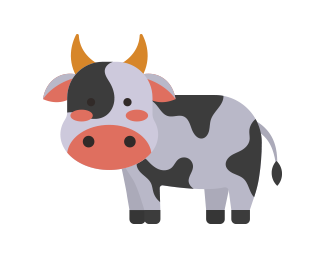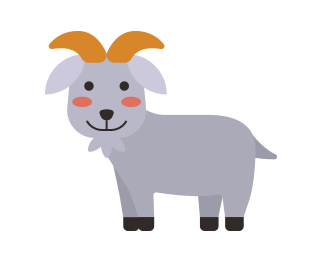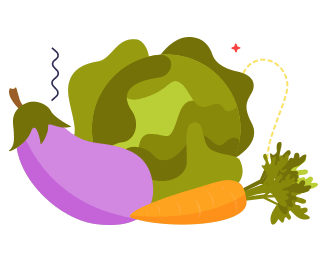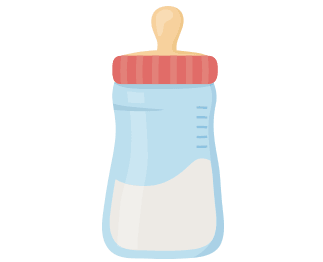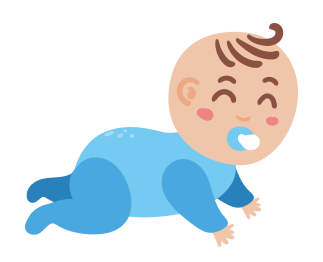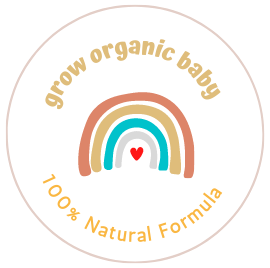Encouraging Your Baby's First Words
Hearing your baby's first words is a major milestone, signaling that they are beginning to understand and interact with the world around them. Every child develops at their own pace, however there are ways you can encourage and support language development.
When Do Babies Say "Mama" or "Dada"?
Babies start babbling and making incoherent sounds from a very young age, but when do they say "mama" or "dada" and actually mean it? Most babies start stringing together syllables that sound like "mamamama" or "dadadada" by around 7 months. However, they may not fully understand the meaning of these words yet.
By the time they're around 9 months old, babies will start trying to say "mama" or "dada" more intentionally. They may say these words to anyone around them, not necessarily just to their parents. It's usually around their first birthday that babies start using these words correctly and within context.
According to a survey of more than 1,500 families in the United States, more than 50% of parents believe their babies are speaking their first words by 10 months postpartum (Schneider et al 2015).
On the flip side, that same survey found that about 25% of babies still hadn’t spoken by their first birthdays.
The 15 Most Common First Words
- Dad (or Dada, Daddy, Papa, etc.)
- Mom (or Mama, Mommy, Mum, etc.)
- Hi (or Hiya, Hey, Heya, Hello)
- Buba (or Bub or Baba)
- Dog (or Doggy, Puppy)
- Ball
- No
- Cat (or Kitty)
- Nana
- Bye
- Duck
- Ta (or Tata)
- Baby
- Uh oh
- Car
Mama or Dada: Which Comes First?
Many experts believe that babies say "dada" before "mama" because the "da" sound is easier for them to produce. However, this can vary from baby to baby. Some babies may prefer the "ma" sound and say "mama" first. The order in which they say these words is not an indication of their preference for one parent over the other.
How to Help Your Baby Say "Mama" and "Dada"
While you can't force which word will be your baby’s first word, there are things you can do to encourage them:
- Repeat the names constantly: Babies learn by imitating, so keep saying "mama" and "dada" and encourage your baby to repeat the words.
- Refer to yourself in third person: Use these words in context so your baby can start associating them with you and your partner. Talk to your baby and say things like, "Look at Mama!" or "Dada's coming!"
- Read together: Reading books that emphasize these words can help reinforce their meaning to your baby.
Other Parental Names for Modern Families
While "mama" and "dada" are traditional parental names, some parents may prefer variations of these names, or parental names from different languages or cultures. It's your family, so do what suits your family situation.
What to Do If Your Baby Doesn't Say "Mama" or "Dada"
Throughout the world, infants are typically speaking their first words by 11-13 months, and research suggests that most babies show major improvements in their ability to understand speech by 14 months (Bergelson and Swingley 2012).
If your baby is approaching 14 months and still hasn’t spoken any words, it’s a good idea to consult with your pediatrician for advice. Most children should have mastered these words by that age. However, if your child is developing in other ways and seems to understand you, there's no need to panic. Every child is different, and they'll start talking when they're ready.
Enjoy every babble and sound, knowing that their first words are just around the corner.
